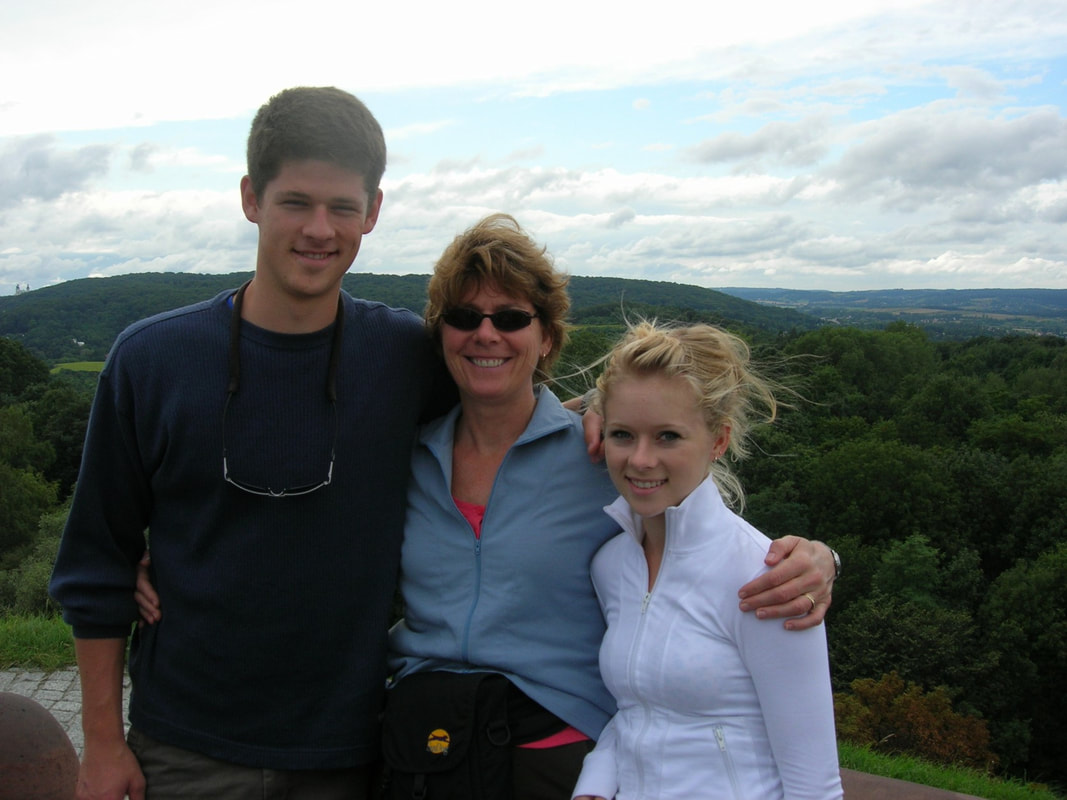There can be so much anguish living as an alienated parent. Anyone who has not experienced adult child estrangement or parental alienation knows little about it. I have read academic literature written on the issue which can speak to the subject intelligently and logically.
However, as one of those who manage the dynamic the best that they can, I have discovered that even the most empathetic and knowledgeable therapists without this personal experience, do not resonate with their wearied clients. Parental alienation or adult child estrangement is an abnormal interpersonal phenomenon.
The bond between parent and child is one of the most unique in our human history. We all crave those close moments with our children that make our hearts melt. The connection is as essential to us parents as it is to our children because that's what makes parenting worth all the sacrifices.[1] Markham states that the connection is also the only reason children will willingly follow our rules. Kids who feel strongly connected to their parents want to cooperate.
Before my first child’s birth, I had no idea that I could fall in love with my child. I loved being his parent (as I loved being my daughter’s parent). And both of my children were a joy to raise. They were just a loving pleasure and warmed my soul every day. Interesting and delightful. Both were simply good kids.
Before marriage and the serious responsibilities in life, and despite a solemn childhood, I found ways to express my lightheartedness. I remember freely laughing at little attempts at humor and trick or treating with friends in college. However, my children brought out in me another way of living: I felt security in their love for me that I never felt in life. In this loving hold, there was newfound freedom of spirit and soul. I discovered that I could create voices, accents, Dr. Seuss-like words. I delighted in their smiles and laughter which encouraged my playfulness, leading into the realms of more fully feeling my silliness. I entertained my 10-year-old daughter and her best friend, Jessie, by using the vacuum cleaner hose as a microphone while I sang along with Pink Martini’s “Donde Estas, Yolanda?”
What a beautiful existence I lived for so many years. Yes, as they grew into adolescence, I believe I could have embarrassed them a time or two. Made mistakes all along the way. Even so, I hold onto the memories of those younger days when I was younger too. Those were sweet memories.[2]
I am explaining this phase of parenting because when my children discarded our bond and connection with me, I lost my playfulness in life and my belief in lightheartedness. I felt betrayed as if I made it all up. I must have been the only one who felt an authentic and adoring experience all those years. It was all in my mind.
Thank God for the Others in my life. I could believe I was crazy in my memories. Intimate friends and neighbors recall my heartfelt involvement as a Mother to my children. Jessie and I now have an adult friendship. Today, what I know is because I trust myself.
Chris Woodman asks the question; What do happy people have in common? They appreciate what they have.[3] I have learned to focus on the present wonder of wonders I experience. Today, I have been given the emotional resources to write personal messages to all my clients. Today, I watched my pup, Lily, give herself over to profound sleep.
No parent is perfect. When ruptures in this general pattern of being seen, safe, and soothed arise, as they inevitably do, a repair can be made, reinforcing the child’s sense of security that her internal world will be respected and cared for.[4]
I cannot begin to explain why my children choose to ignore the guarantee of repair with me. I have guaranteed them a repair. Rejection from beloved children can litter our landscape with what we lost. I believe in my memories and am fortunate to have people in my life who confirm that I try to be my best. I choose to live, believing in myself.
During December 2020 and in yet another month of disease prevalent over the whole world, could we all consider the value of love? Not necessarily about just feeling love but about having an attitude of love that encompasses the appreciation and acceptance of differences. In addition, Sobonfu Some states that people never harm others out of joy, they give pain to others because they too are hurt or in pain.[5]
Can my children see what I have given them? Maybe, even what I have to offer them still? If given the chance, I would say,
Let me know your pain. Let me help to heal your pain. I am here for you.
Most lovingly,
Mama
[1] Laura Markham, Ten Habits to Strengthen a Parent-Child Relationship, https://www.psychologytoday.com/us/blog/peaceful-parents-happy-kids/201706/10-habits-strengthen-parent-child-relationship, June 27, 2017.
[2] Anne Bulger, https://annebugler.com/estranged -parent-blog.html.
[3] Chris Woodman, A Network for Grateful Living-Word for the Day, https://gratefulness.org/practice/practices-grateful-living/, December 21, 2020.
[4] Daniel J. Siegel, M.D., Secure Attachment: Parenting From the Inside Out, https://health.usnews.com/wellness/for-parents/articles/2017-01-09/secure-attachment-parenting-from-the-inside-out, January 9, 2017.
[5] Sobunfo Some, A Network for Grateful Living, https://gratefulness.org/practice/practices-grateful-living/, December 18, 2020.

 RSS Feed
RSS Feed